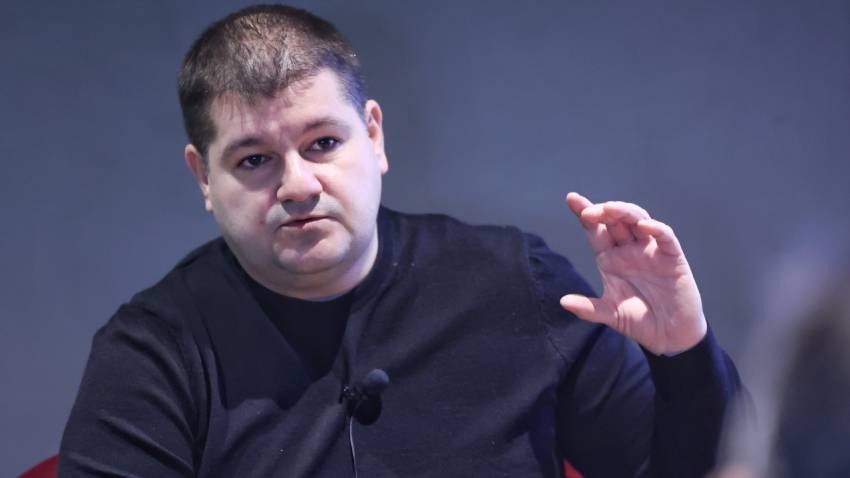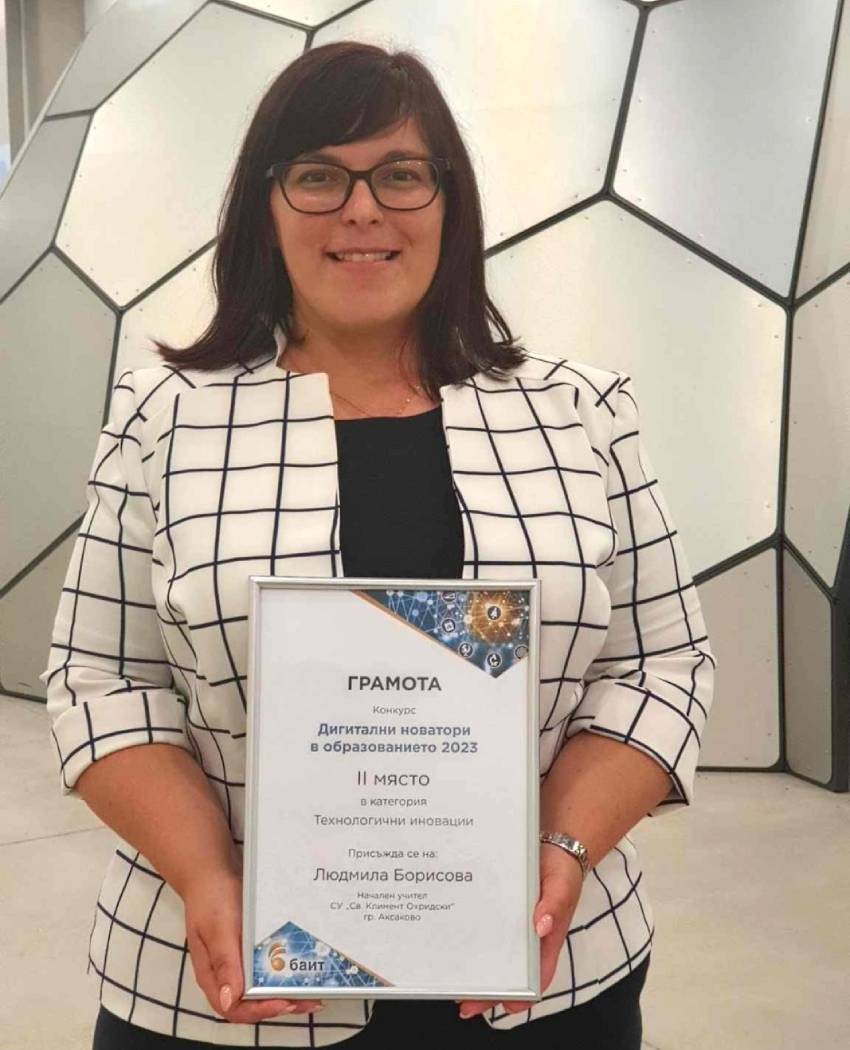Teachers in Bulgaria increasingly resort to artificial intelligence (AI) in their daily work with students. As a specialist in the subject, Dobroslav Dimitrov from the Bulgarian Association of Software Companies, together with his partners, already trains primary school teachers how to exploit the benefits of AI. For example, how to use ChatGPT to prepare their biology lesson about bees, but in a way that will attract the interest of children of the TikTok generation who are bored in class and stare out the window. ‘'However, teachers shouldn't worry about being displaced by AI. I mean those of them who are real mentors, who awaken the interest of children", said Dobroslav Dimitrov in an interview with the BNR's Horizont channel. At the same time, like most observers, he is convinced that ChatGpt will eliminate the need for children to attend private tutoring.
Chat GPT and the start of the technological revolution - where are we?
Pandemics and technological singularity - the future begins in 2020

“ChatGPT can explain any lesson as long as it is not something very specific, related to Bulgarian history, but this issue will also be overcome soon. It's impossible for a teacher to explain in the same way a lesson that can be understood by 25 different brains. Each child will understand it in its own way and some children will then have to go to private lessons. So, students can use ChatGPT for educational purposes, but they should use it wisely", Dobroslav Dimitrov said.
Lyudmila Borisova, a teacher at the “St. Kliment Ohridski" high school in Aksakovo, is of the same opinion. Because of her pioneering approach, she won this year's award of the Bulgarian Association of Information Technologies for applying technological innovation in education. She believes that digital technologies should be revealed to children gradually and in a controlled environment.

"We live in times when no one is competing with AI. We are rather getting it on our side, as a helper. I use it to prepare my independent works in class. For example, we study multiplication from 1 to 5 and ask ChatGPT: "Can you prepare an independent work for multiplication from 1 to 5 ?" And it is generated in no time.”
According to Lyudmila, technology works, but the human factor will always prevail. "Younger students do not know when the information provided is reliable and when it has to be verified with at least two other sources. That is why, they need to be guided," Lyudmila went on to say and added:

''Last week I tried to run ChatGPT in class and have the kids ask questions. They were truly disappointed that it didn't know who they were. For instance, we asked GPT the following question: Who is Martin? It replied: ‘'As of 2022, this person is unknown, I have no information about him’'. However, they were very impressed when it calculated the distance from the Earth to the Moon. In all honesty, I expected that they would be more interested in the artificial intelligence. Yes, they approved it because it gives them useful information, but that was all. "It doesn't know my pain or who I am, it’s not like the Mrs who could listen to me for two hours about why I had an argument with someone, which girl I like, etc’’, the children say. Children are concerned about the need for close emotional connection. I don't think there will come a time when machines will displace humans, they will rather help us", Lyudmila Borisova concluded.
See also:On 27 October, the first meeting of Action CA-24150 “Values in Turbulent Times: Navigating Social Change and Challenges (VISTA)” took place in Brussels. The initiative is part of the European Cooperation in Science and Technology (COST) programme – one of..
The so-called Seal of Biliteracy was created in 2011 in the US state of California with the idea that in the conditions of a globalized economy and relationships, it is not possible for a person to develop their full potential by..
Fertility Europe , the pan-European organization that represents patient associations focused on infertility issues, has announced the start of the 9 th European Fertility Week 2025, 3-9 November. The campaign is taking place throughout Europe..
From fear and doubts to joy and support – Bulgarians react differently to the upcoming introduction of the euro on January 1, 2026. For..
On November 21–22, 2025, the 11th edition of the Career Fair will take place at the John Atanasov Hall in Sofia Tech Park. The forum aims to support..
Bulgaria celebrates National Reading Day on the third Friday of November. The Reading Foundation is leading the initiative under the motto: “Read. For..

+359 2 9336 661
